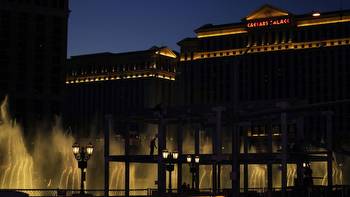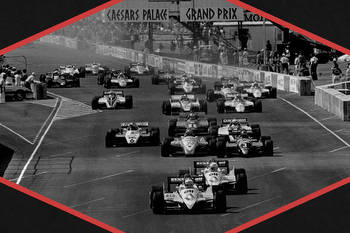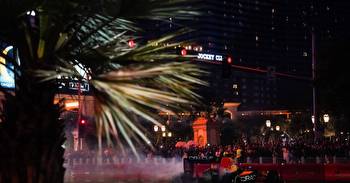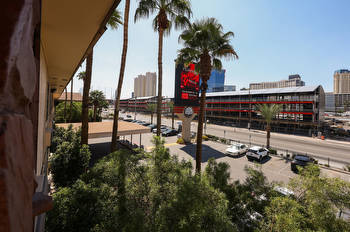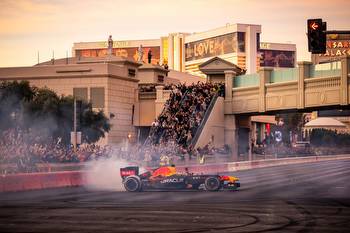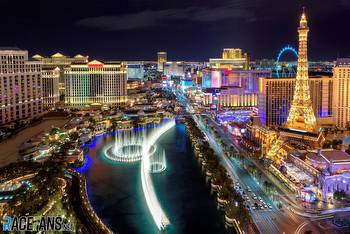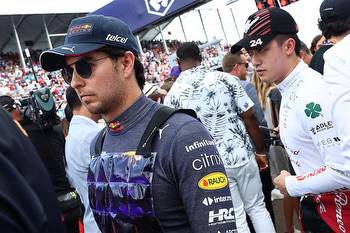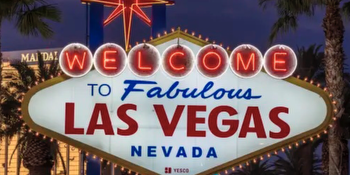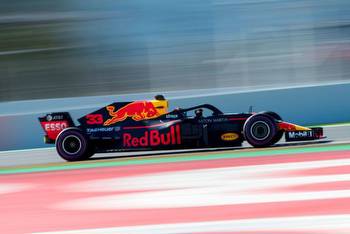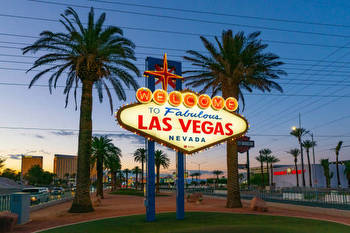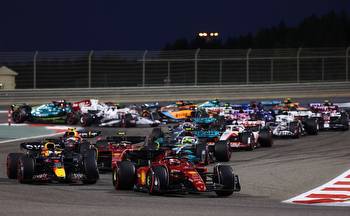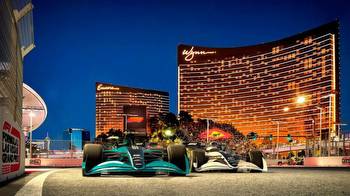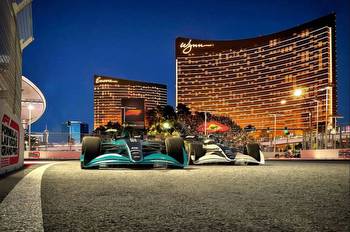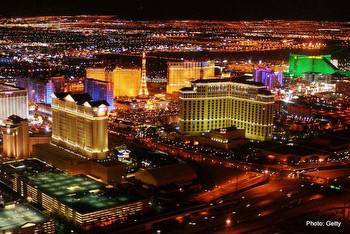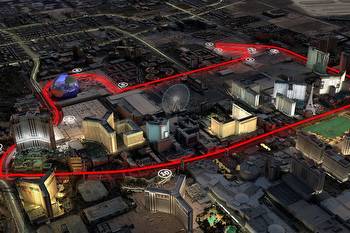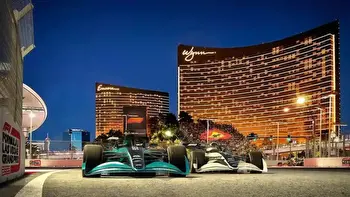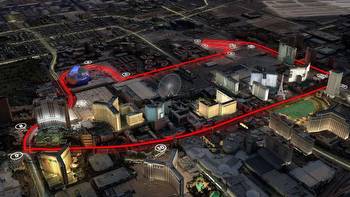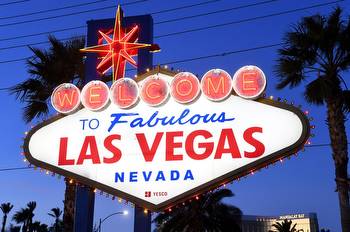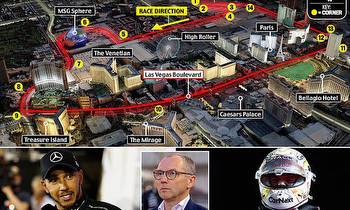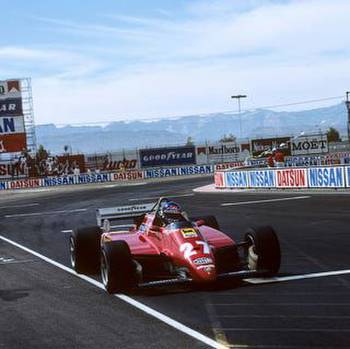Why F1 has hit the jackpot

Las Vegas has been announced as a new race in 2023 .
Famous locations such as Caesars Palace, The Bellagio, Flamingo and The Wynn will all form the backdrop to what could potentially be the most spectacular race on the calendar.
But there has been some cynicism in the response to the announcement, with the geographical choice of having three races in one country a key issue.
Here we explain why Las Vegas is a fantastic venue for F1 racing, why the geography makes perfect sense and why the race will help the sport meet exposure goals.
F1 finds a "new Monaco" Stateside
I am the biggest advocate for the Monaco Grand Prix and everything the race stands for, given the history of F1 in the Principality.
But it is hard to shy away from the constant question marks being raised against the event given the demand for exciting racing action and, from the sport, money.
Monaco pays the smallest hosting fee of $15million compared to new big-hitters on the calendar like Saudi Arabia, which is understood to pay $55m per annum, placing its future at risk.
So for F1, Las Vegas presents the perfect opportunity to usher in a modern version of the historic circuit - a street track with overtaking opportunities in the heart of one of the most sought-after holiday destinations during a traditional weekend.
Monaco takes place around Ascension Day festivities, whilst the Nevada event is scheduled for Thanksgiving weekend.
It could be a real party atmosphere for F1. From this perspective, the deal is an obvious positive for the sport.
Why three US races is no issue
'You can't have three races in one country' has been the main criticism of the deal looking at interaction across social media.
Yes, F1 is trying its damnedest to establish a stronghold in the US sports market and the success of the Netflix series 'Drive to Survive' has accelerated that growth to the point record crowds attended Austin's Circuit of the Americas last year for the United States Grand Prix.
Whilst it is clear the addition of Las Vegas builds on the hype created in the country, the geographical closeness to the other two US tracks in Austin and Miami is far from a concern.
Las Vegas and COTA are separated by 1,083 miles as the crow flies whilst there it is 1,113 miles between the Texas venue and Miami.
Setting a 1,100-mile radius around COTA, therefore, place only Las Vegas, Miami and Mexico City as the other F1 venues within its reach.
Now compare that to Europe. Selecting Monza as the epicentre, the following circuits fall within a 1,100-mile radius: Silverstone, Paul Ricard, Zandvoort, Spa, Barcelona, Monaco, Red Bull Ring, Hungaroring and Imola.
Also within that radius are Portimão, Nurburgring, Hockenheim and Mugello which have all hosted grands prix in the past three seasons.
It is therefore absurd for anybody to criticise the location of the Las Vegas race in relation to the two other US races.
Why exposure will be boosted
As previously explained, Las Vegas is a holiday destination that has global appeal. Like Miami, it has a draw beyond a race weekend, ensuring a more stable appeal.
We have seen the downfall of promising racing venues such as South Korea because of a poor location, something Las Vegas need not worry about.
With F1 aiming to introduce a younger market to the sport, the 21-30-year-old target audience will be chomping at the bit to get tickets to Las Vegas and make a week out of their experience, watching shows, hitting casinos and seeing the sights.
It is a package almost no other race can offer. The fact the Strip will play host to a flat-out stretch of the racetrack is vitally important as it takes away any fears of a boring car park circuit like in the 1980s.
The skyline makes the race 'Instagram-friendly' which, whilst pleasing for the spectator, will surely set F1 trending across the social media platform and encourage non-F1 fans to engage.
F1 has put all of its money on red and from where we are standing, the money looks like it is about to come rolling in.









